The debate between plant-based and animal-based proteins has been a hot topic in nutrition circles for years. As more people shift toward vegetarian, vegan, or flexitarian diets, understanding the differences between these protein sources becomes increasingly important. Both have their merits, but which one truly holds the upper hand? The answer isn’t as straightforward as you might think.
Protein quality is often the first point of comparison. Animal proteins, such as those found in meat, eggs, and dairy, are considered "complete" proteins because they contain all nine essential amino acids in the right proportions. These amino acids are crucial for muscle repair, immune function, and overall bodily maintenance. Plant proteins, on the other hand, are often incomplete, meaning they lack one or more essential amino acids. However, this doesn’t mean plant proteins are inferior—combining different plant sources, like beans and rice, can provide a complete amino acid profile.
Digestibility is another key factor. Animal proteins are generally more easily absorbed by the body, with a high biological value. This means a greater percentage of the protein consumed is utilized for bodily functions. Plant proteins, while still nutritious, often come with fiber and anti-nutrients like phytates, which can slightly reduce absorption. Yet, this same fiber offers digestive benefits, promoting gut health and satiety—a trade-off that many find worthwhile.
Health implications extend beyond just protein content. Diets rich in animal proteins, particularly red and processed meats, have been linked to higher risks of heart disease, certain cancers, and other chronic conditions. The saturated fats and cholesterol present in many animal products play a role in these associations. Plant proteins, meanwhile, are typically lower in saturated fats and free of cholesterol. They also come packaged with antioxidants, vitamins, and minerals that contribute to long-term health. Studies suggest that plant-based diets may reduce the risk of hypertension, type 2 diabetes, and even some inflammatory diseases.
Environmental impact is another dimension where plant proteins often shine. Livestock farming is a major contributor to greenhouse gas emissions, deforestation, and water usage. Producing plant-based proteins generally requires fewer resources and leaves a smaller carbon footprint. For those concerned about sustainability, shifting toward plant proteins can be an effective way to reduce their ecological impact. That said, not all plant proteins are created equal—almonds, for example, require significant water to cultivate, while lentils are far more sustainable.
Taste and culinary versatility also play a role in the plant vs. animal protein debate. Animal proteins have long been the centerpiece of many traditional dishes, prized for their rich flavors and textures. Plant proteins, however, have made significant strides in recent years. Innovations in food technology have led to plant-based meats that closely mimic the taste and mouthfeel of animal products. For those willing to explore, the variety of plant-based options—from tempeh to seitan to pea protein—offers exciting culinary possibilities.
Cost and accessibility can be deciding factors for many people. In some regions, animal proteins are more affordable and readily available, while in others, plant-based options dominate. Processed plant-based meat alternatives often come with a premium price tag, though whole food plant proteins like beans, lentils, and tofu remain budget-friendly. As demand grows, the gap in cost and availability is likely to narrow.
Ultimately, the choice between plant and animal protein depends on individual health goals, ethical considerations, and environmental concerns. Neither is universally "better," but understanding their differences allows for more informed dietary decisions. For those seeking balance, a mixed approach—incorporating both high-quality animal and plant proteins—might offer the best of both worlds.

By James Moore/Apr 9, 2025

By Natalie Campbell/Apr 9, 2025
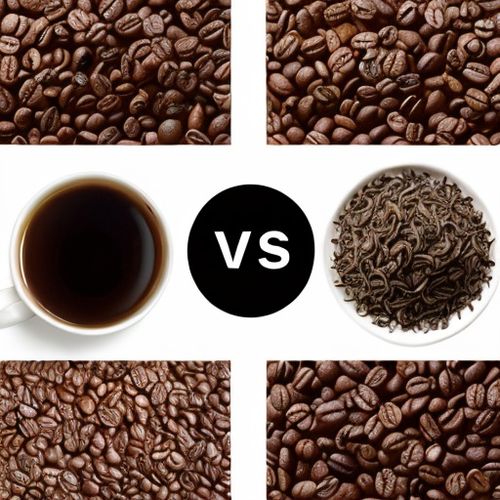
By Rebecca Stewart/Apr 9, 2025

By Rebecca Stewart/Apr 9, 2025

By Olivia Reed/Apr 9, 2025

By Emma Thompson/Apr 9, 2025

By Noah Bell/Apr 9, 2025

By Emma Thompson/Apr 9, 2025
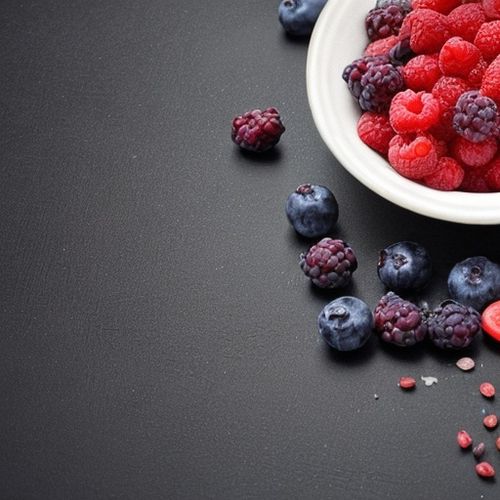
By Amanda Phillips/Apr 9, 2025

By James Moore/Apr 9, 2025
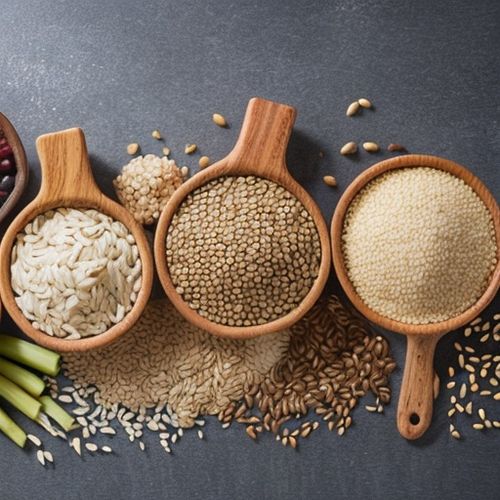
By William Miller/Apr 9, 2025
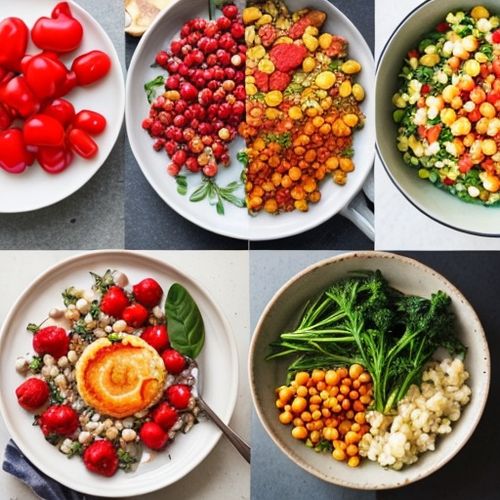
By John Smith/Apr 9, 2025

By Eric Ward/Apr 9, 2025
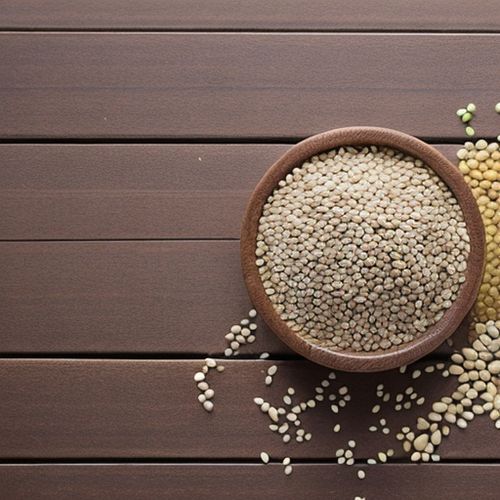
By Emma Thompson/Apr 9, 2025
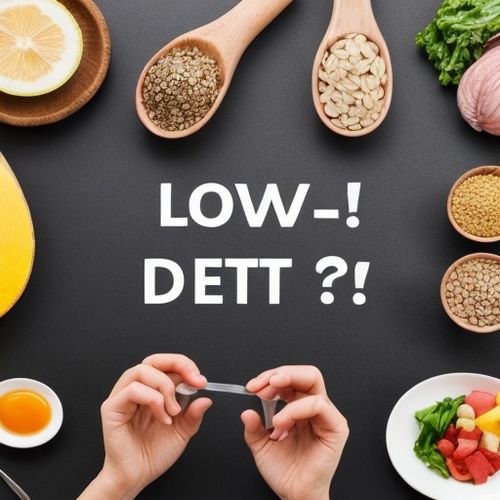
By Samuel Cooper/Apr 9, 2025
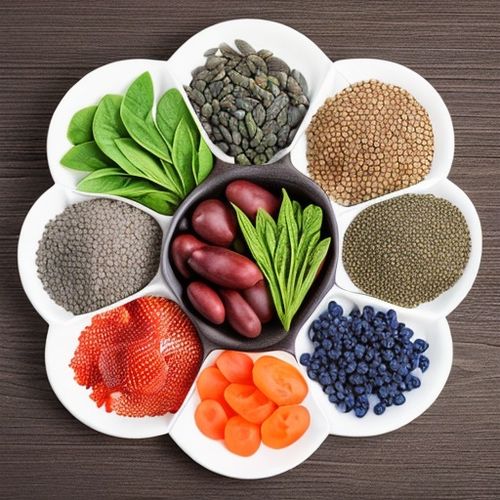
By Lily Simpson/Apr 9, 2025
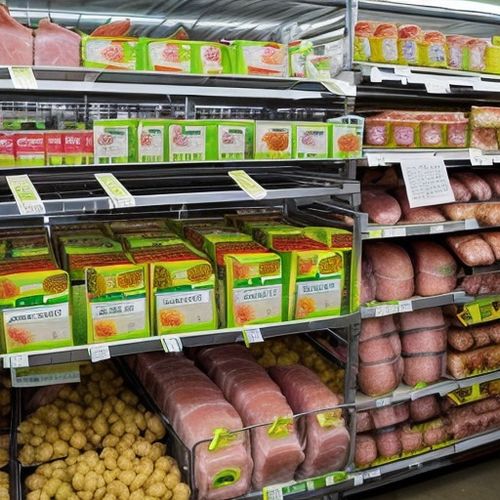
By David Anderson/Apr 9, 2025

By Megan Clark/Apr 9, 2025